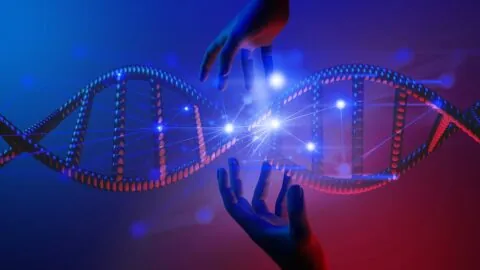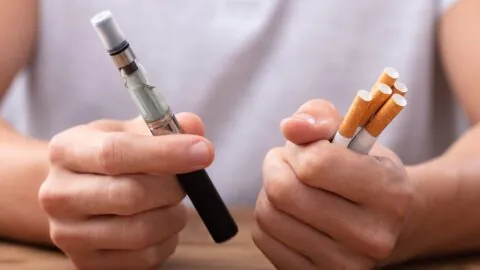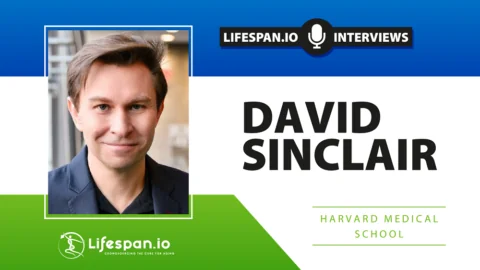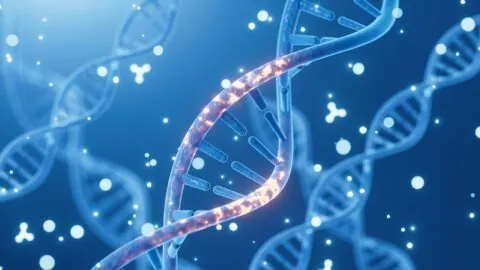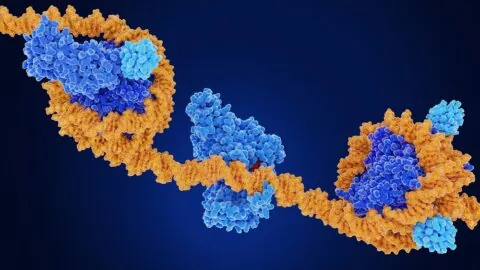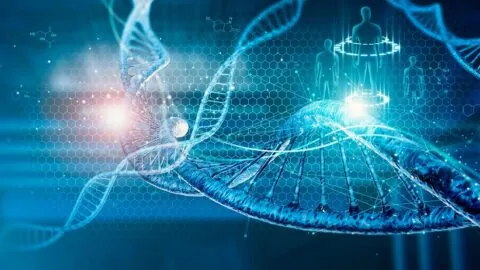April 11, 2024
A team of researchers has reported in Aging Cell that longer-lived Chinese women have less epigenetic noise in crucial areas of the genome. Order and disorder Why we Age: Epigenetic AlterationsEpigenetic alterations are age-related changes in gene expression that harm the fundamental functions of cells and increase the risk of cancer and other age-related diseases....
April 01, 2024
The authors of a new paper in Cancer Research have published the surprising finding that cigarettes and e-cigarettes have some similar effects on DNA methylation that have been reported to lead to cancer. Harm reduction might not truly reduce harm It is well-known that cigarettes are dangerous, with an extensive list of long-term harms, most...
March 22, 2024
In this new interview, David Sinclair, Harvard professor and the author of “Lifespan”, explains his theory of aging, shares parts of his health routine, and reveals which directions in today’s aging research excite him. A professor and a public figure In the longevity field, when it comes to name recognition, there’s David Sinclair and all...
February 14, 2024
The authors of a recent review published in Ageing Research Reviews summarize the research on epigenetic reprogramming and its potential as a rejuvenation therapy [1]. Epigenetics in aging Aging leads to changes in the epigenome. Those changes can lead to alterations in gene regulation, affecting cellular homeostasis, and can play a role in age-associated phenotypes....
January 29, 2024
Steve Horvath, Vera Gorbunova, Alejandro Ocampo, and their team have used partial reprogramming to repair DNA damage in a mouse model. They published their findings in Frontiers in Aging. Building a path to rejuvenation Yamanaka Factors - Opportunities for RejuvenationDrs. Takahashi and Yamanaka showed that they could use Oct4, Sox2, Klf4, and c-Myc (OSKM) to reprogram...
December 19, 2023
In a new paper, Sinclair and his co-authors outline a theory arguing that epigenetic changes are the underlying cause of aging [1]. When cells get old It is not every day that one of the most prominent geroscientists presents a new theory of aging. David Sinclair of Harvard, along with two co-authors, Yuancheng Ryan Lu...

